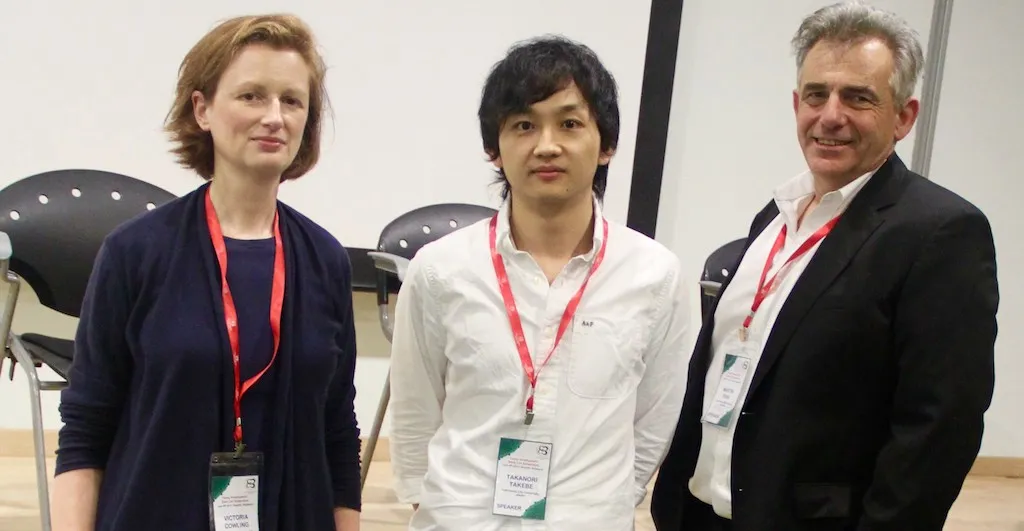An international group of scientists has developed a type of cell culture of self -control based on modified human pancreatic cells that successfully treats type 1 diabetes, according to a study published today in the specialized magazine Cell Press.
"This method can serve as a main curative strategy to treat type 1 diabetes, of which there are 79,000 new diagnoses per year," said Takanori Takebe, scientist at the Children's Center for Cincinnati (Ohio, USA) for stem cells.
The Takebe team designed tissues with modified human pancreatic cells that are capable of secreting hormones, such as insulin, to treat that type of diabetes in mice.
"This is a potentially deadly disease that never disappears, so developing effective and possibly permanent therapeutic approaches would help millions of children and adults worldwide," said the bioengineer.
The scientists tested their processing system with donated human organ cells, with mouse organ cells and with induced pluripotential stem cells (IPS).
Reprogrammed from the adult cells of a person, IPS cells act as embryonic cells and can form any type of tissue in the body.
The tissue engineering process also uses two types of progenitor cells in the embryonic stage, which support the formation of the body and its specific organs.
The researchers combined these progenitor cells along with other genetic and biochemical materials to form modified pancreatic cells.
After transplanting this mixture to sick mice with type 1 diabetes, the disease was resolved.
This type of treatment could already be transplanted to human patients with diabetes, but the success rate of the graft is relatively low because the tissues lose their vascularization, which makes it difficult to obtain the maximum health benefit.
"We needed a strategy that guaranteed a successful graft through the timely development of vascular networks," said Hideki Taniguchi, from the University of Yokohama (Japan).
In this way, Taniguchi and Takebe managed to develop a type of cells that can vascularize after transplantation in mice, which is a great advance for this type 1 diabetes cure technique.




